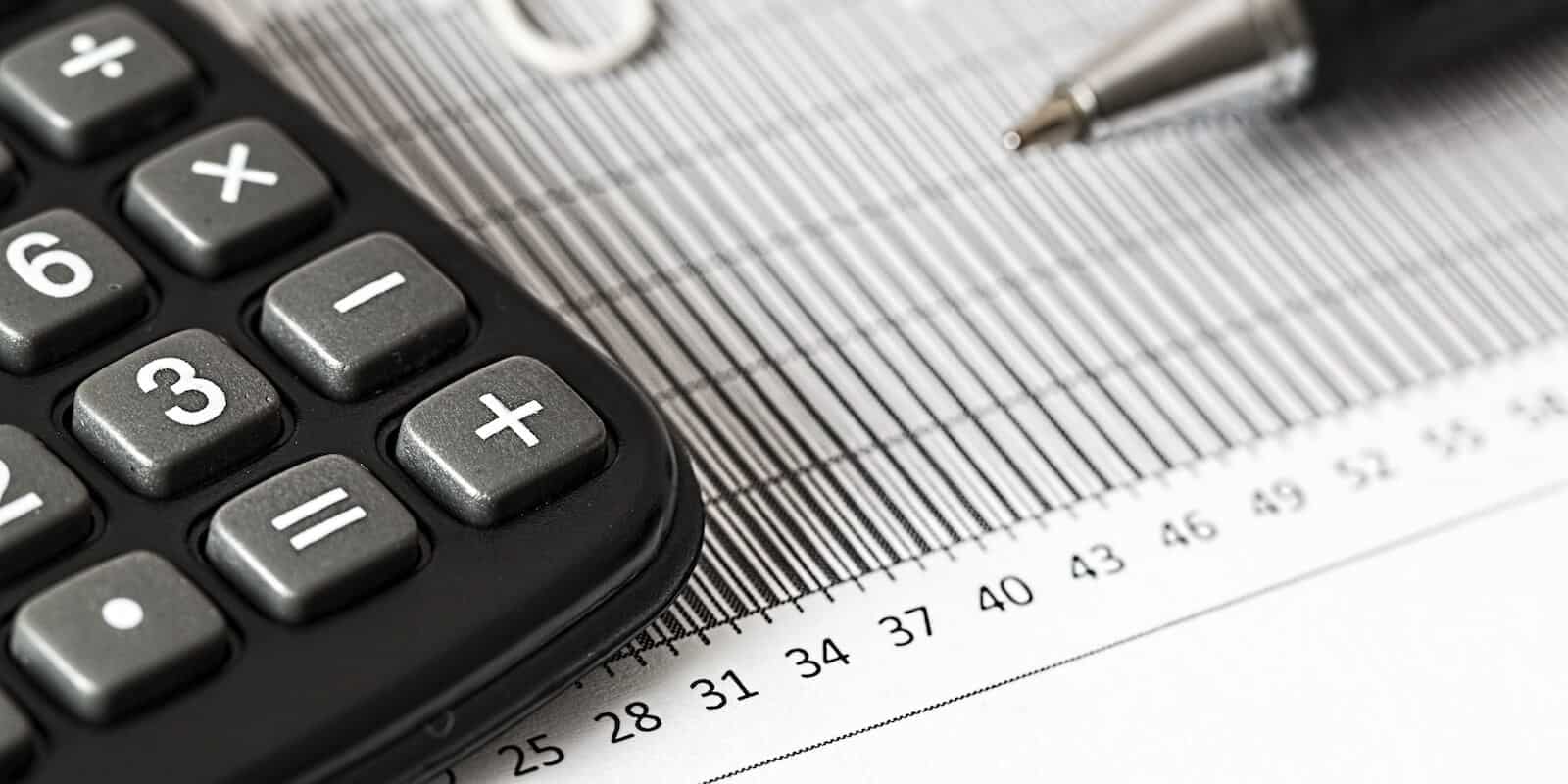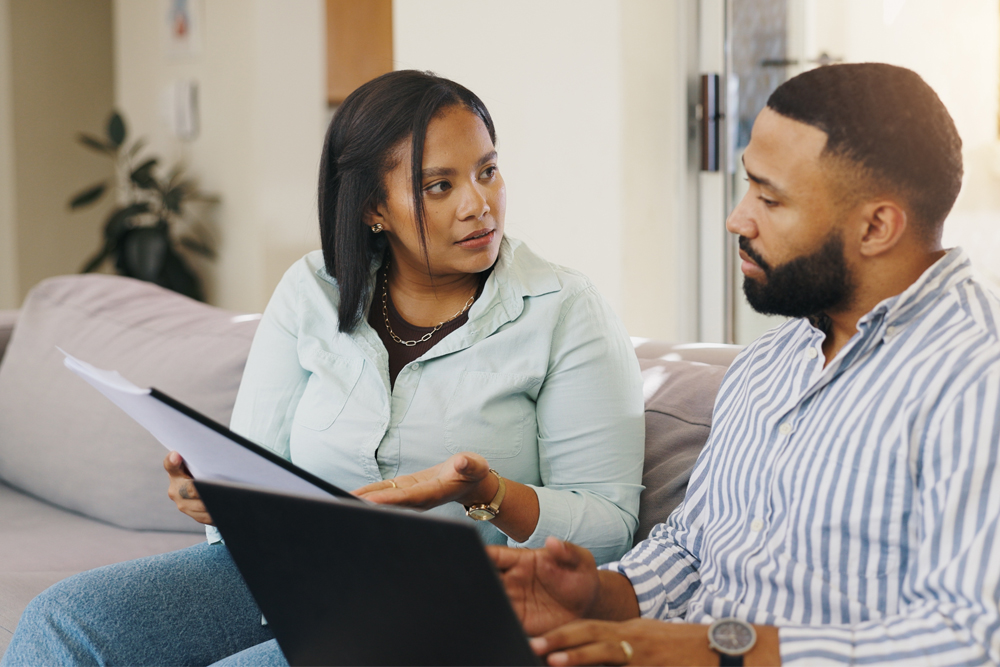After finishing your income tax return and then after getting over the shock of how much you owe the federal government, your next thought could be: How am I going to pay my taxes?
First, don’t panic. Second, start weighing your options.
One option you might consider is to pay income taxes with a credit card. But in most cases, that’s a bad idea (for income taxes or property taxes).
Here are four reasons why you may not want to pay income taxes with a credit card:
1. Your credit utilization ratio will go up.
Jeff Proctor, co-owner of personal finance website DollarSprout.com, says one drawback of using you credit card to cover a tax bill is that it’ll raise your credit utilization ratio. That ratio is a key part of how your credit score is computed; a higher ratio could ding your score.
“As a general rule, you should try to keep your borrowing under 30% of your credit limit,” Proctor says.
2. You’ll probably pay a lot of interest.
Another reason to avoid putting your tax bill on a credit card is that you could wind up paying a huge amount in interest — perhaps hundreds or thousands of dollars, depending on your card’s annual percentage rate (APR) and your tax liability.
“If you are short on money to pay your tax bill, a better option may be to pay as much as you can now and then apply for installation payments with the IRS,” Proctor says.
To learn more about IRS payment plans, visit the agency’s website.
3. You’ll pay credit card processing fees.
When you pay income taxes with a credit card (Visa, Mastercard, American Express or Discover), you don’t make a payment directly to the IRS. Instead, the IRS outsources tax payments by credit card to companies that charge a transaction fee of roughly 2%. For a tax bill of $10,000, a 2% processing fee would total $200.
Joshua Zimmelman, president of Rockville Center, New York-based Westwood Tax & Consulting LLC, notes that if you pay your tax bill through tax preparation software like Turbo Tax, you also might be charged an additional fee.
If you’re looking to rack up points or cash-back rewards by using your card to pay taxes, make sure the perks are worth more than the amount of the transaction fee, Proctor recommends. In many cases, however, a processing fee would cancel out the value of points or rewards; for instance, the value of a 1% cash-back reward would fall short of the cost of a 2% processing fee.
Remember to check whether paying a tax bill via credit card qualifies for points or rewards.
4. You probably won’t pay off the full balance right away.
If you pay off the balance in full in the first month after you’ve charged your taxes, you’ll avoid paying interest. But interest will kick in if you stretch out paying the tax bill beyond the first month.
“Not only have you now paid the processing fee, but you will also have to pay interest on the balance,” says Eric Black, a financial coach at Freedom Financial Mentors, a provider of financial education.
If you’re sure you’ll be able to pay off your full credit card balance — and pay it off relatively quickly — then using a card to pay your tax bill might help boost your credit score, Zimmelman says. But without a full, quick payoff, your credit score could be damaged, he adds.
Credit card alternatives
OK, trying to pay income taxes with a credit card isn’t so smart. But what are the alternatives? Here are three.
Alternative #1: Take advantage of a special 0% APR for a certain period, such as 12 months. If you pay off the entire tax bill within that 12-month period, you won’t accumulate any interest on that debt. This alternative won’t work, of course, if you fail to pay off that debt within the 12-month span.
Alternative #2: As we mentioned earlier, another alternative is to contact the IRS and work out a payment agreement.
Zimmelman points out, though, that depending on how much you owe and how long it’ll take to pay off, you might save more money in late penalties and interest assessed by the IRS than you’d lose to credit card processing fees.
Before you decide whether to use a credit card, “you need to calculate how much you’ll save or lose,” he says. “It might actually be cheaper to use a card than to just not pay your taxes at all [and later getting slapped with IRS penalties and fees].”
Alternative #3: Take out a low-interest personal loan to cover all or part of the tax bill. For a personal loan to make sense, though, the APR should be well below the APR of your credit card or the penalties and fees charged by the IRS.



